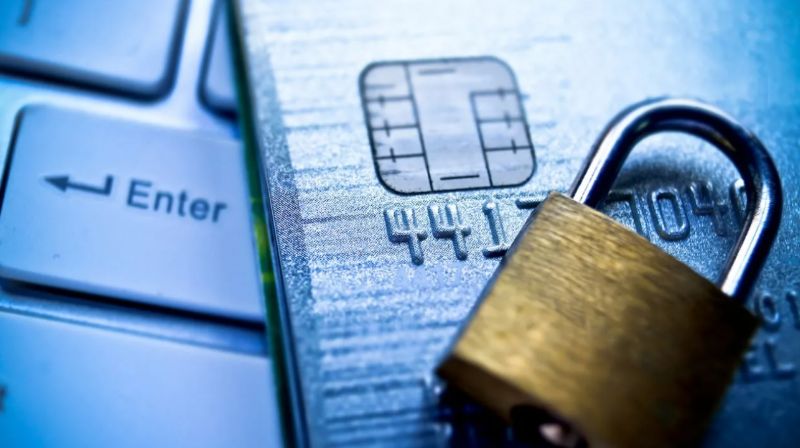BIN checkers are tools that let you retrieve information about a payment card using its first six digits. These digits, known as the Bank Identification Number (or BIN), hold key details about the card. In this article, we’ll explain what BIN is, how BIN checkers work, and what data you can uncover with them. You’ll also see how these tools can be useful in real-life situations and why they’re becoming increasingly popular.
What is a BIN?
A BIN is the first six digits of a card number that identify the issuing bank, card type, payment network, and country of issuance. These details are embedded into the card during its creation. For instance, the BIN of a card issued by a major US bank will differ from one issued in Europe or Asia.
Here’s what a BIN can reveal:
- Issuing bank: The financial institution that issued the card. For example, a BIN might show that a card belongs to Bank X in London.
- Payment network: Visa, Mastercard, American Express – each has its unique BINs.
- Card type: Whether it’s debit, credit, prepaid, or corporate.
- Country of issuance: For example, the card might be issued in Germany, the US, or Japan.
This information helps various services process payments quickly and confirm the card’s validity.
How does a BIN checker work?
BIN checkers are online tools that use databases to analyse BINs. Most free BIN checkers provide comprehensive information about cards.
When you input the first six digits of a card into a BIN checker, it queries its database and displays all available details. These tools don’t store card data or request personal information, making them safe to use.
Here’s how the process works:
- Input data: The user enters the first six digits of the card.
- Database query: The checker searches its database for a match.
- Display results: The tool shows information such as the issuing bank, country, card type, and more.
It’s important to note that BIN checkers don’t provide access to card balances or other sensitive data. They only offer general information available from public sources.
Why use a BIN checker?
BIN checkers can be helpful in various situations, such as:
- Verifying card authenticity: If you receive payments from clients, a BIN checker can help confirm that the card belongs to the claimed bank.
- Analysing transaction geography: BINs reveal the country where the card was issued, which is useful for online stores working with international customers.
- Choosing a payment network: If you deal with multiple payment networks, a BIN checker can help you understand which one is most commonly used.
What data can you get?
A BIN checker provides the following information:
- The issuing bank’s name.
- Card type (debit, credit, prepaid).
- Payment network (Visa, Mastercard, American Express, etc.).
- Country of issuance.
- Additional details like the card’s level (e.g., standard or premium).
This data is valuable for transaction analysis or verifying the accuracy of card information.
Example of using a BIN checker
Imagine you own an online store. A customer pays with a card, but you have doubts about its authenticity. By entering the first six digits into a BIN checker, you discover that the card was issued in a country where your store doesn’t typically operate. This could be a signal to investigate further.
Here’s another example: You want to identify the most popular payment network among your customers. Using a BIN checker, you can gather this information and optimise your payment methods accordingly.
How to choose a reliable BIN checker
There are many BIN checkers on the market, but not all are equally reliable. Here are some criteria to consider:
- Updated database: A good BIN checker regularly updates its database to provide accurate information.
- Ease of use: The interface should be user-friendly, allowing you to quickly retrieve the data you need.
- Security: The tool shouldn’t ask for full card details or other sensitive information.
- Additional features: Some BIN checkers offer stats like transaction decline rates or average spending volumes.
Where to find BIN checkers
If you’re curious to try a BIN checker yourself, you can easily find plenty of tools online. Most are free and accessible via a simple search.
BIN checkers are handy tools for analysing payment card data. They help uncover details about the issuing bank, payment network, and country of issuance. While they don’t directly protect against fraud, they can be used to verify card authenticity and analyse transactions. Try one out for yourself to see how these tools work – you’ll likely find them both convenient and functional.


